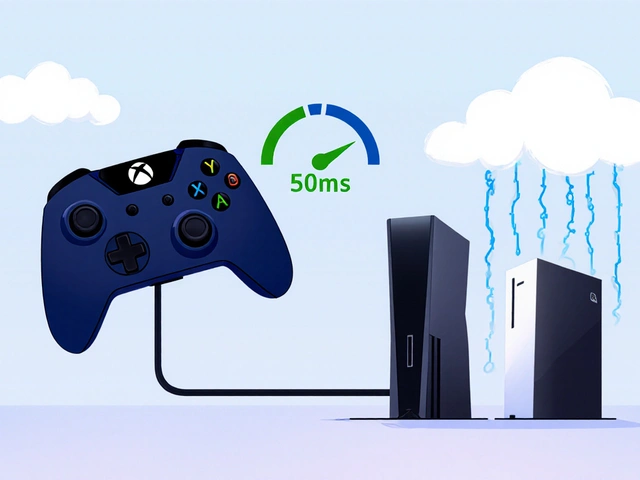Self-Reflexive Film: What It Is and Why It Matters in Modern Cinema
When a movie talks directly to you, shows its own camera, or makes fun of how movies are made, it’s not a glitch—it’s a self-reflexive film, a film that draws attention to its own artificial nature, often by breaking the fourth wall or commenting on the act of filmmaking itself. Also known as metafilm, it’s not just a trick—it’s a way filmmakers question how stories work, who controls them, and why we believe them. Think of a character looking into the camera and saying, ‘This scene feels fake,’ or a director appearing as a character in their own movie. That’s not confusion. That’s intention.
Self-reflexive films don’t just exist in art-house corners. They show up in comedies, thrillers, and even superhero movies. They relate to cinematic self-awareness, the deliberate choice by filmmakers to remind viewers they’re watching a constructed experience. This idea connects to how we now consume video content—short-form clips, TikTok edits, and behind-the-scenes reels all play with the same truth: we know we’re being shown something made, not found. That’s why films like Birdman or Adaptation still feel fresh. They’re not hiding the machinery; they’re showing it off. And that’s exactly what makes them powerful.
These films require you to think differently. They rely on film theory, the study of how movies communicate meaning beyond plot, including structure, symbolism, and audience perception. You don’t need a degree to get it—you just need to notice when a movie winks at you. That wink? It’s a signal that something deeper is happening. Maybe it’s mocking Hollywood tropes. Maybe it’s asking why we keep watching. Or maybe it’s just having fun with the rules.
What you’ll find below isn’t just a list of articles—it’s a collection of pieces that touch on how video gets made, how audiences react, and how the line between fiction and reality keeps blurring. From editing tricks that mimic self-reflexive moments to how streaming platforms now treat behind-the-scenes content as part of the show, the ideas here all connect back to one thing: we’re not just watching movies anymore. We’re watching how movies watch themselves.
20
Fellini’s 8½ Review: The Self-Reflexive Film That Changed Cinema Forever
Fellini’s 8½ is a groundbreaking self-reflexive film that captures the agony of creative block. A masterpiece of cinema, it blends dream and reality to explore guilt, identity, and the cost of art.
Latest Posts
Categories
Tags
- streaming services
- video editing
- video production
- parental controls
- Max streaming
- video editing software
- marketing mix
- subscription management
- streaming apps
- video editing tips
- tips
- ROI
- video marketing
- video editing tools
- marketing strategy
- Premiere Pro
- family viewing
- classic cinema
- Kurosawa
- streaming setup



